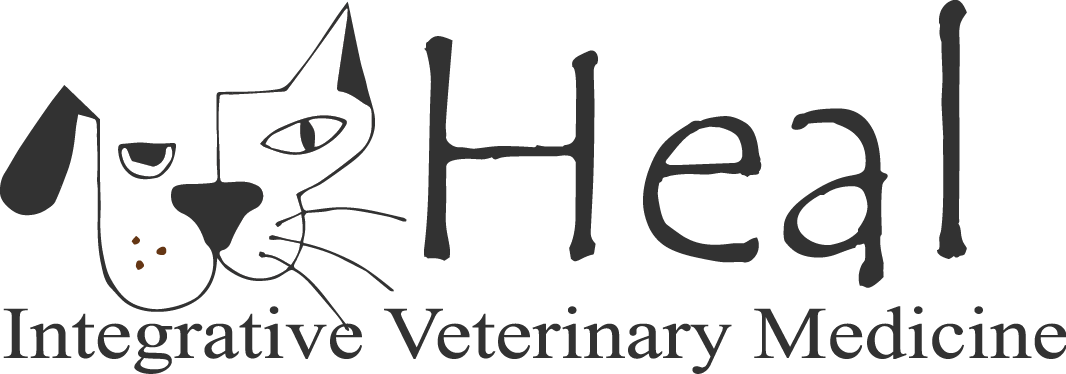What is your favorite thing about being a vet?
Since animals can’t talk to tell us what is hurting or what feels wrong, veterinarians have to be like detectives to figure it out. My favorite thing about being a vet is solving the mystery. An animal’s body can give us clues, tests give us clues, and your intuition gives you clues. All those bits of information add up to a diagnosis, and once you have that, you can help the animal. So you are kind of like a detective solving a mystery and that is my favorite part.
What made you decide to be a vet?
I wanted to be a vet since I was eight years old. Then I kind of forgot about it and pursued other interests. I went to college and got a BA in English instead of science. After I graduated from college, I decided I really did want to go to vet school after all. I had to take all the prerequisite science classes, and I finally went to vet school when I was 28.
What is the hardest or least favorite part about being a vet?
The hardest part is working with people! People can be very difficult when it comes to their pets. Some pet owners think that you should help their pet even if they can’t pay for it. But they don’t understand that vets had to pay a lot of money to go to school, pay the people who work for them, and for all the expensive equipment in their office. So they can’t help people for free as much as they’d like to.
What tools, equipment, or instruments do you use?
Currently I don’t use very much in the way of tools or equipment because I only do acupuncture and rehabilitation. I use: stethoscope, otoscope, acupuncture needles, cold laser, and underwater treadmill. In the past when I worked at a full-service veterinary hospital, I used much more equipments like x-rays, surgical instruments, dental cleaning tools, bandages, ECG machines, etc. just like a hospital or doctors office for people.
What are some of the benefits of being a vet?
The best part of being a vet is you can live anywhere and find a job and there are a lot of career options. There are a lot of areas for specialization or focus: vets work in labs, research, zoos, and with wildlife, although most work in regular practice with dogs and cats. You can also specialize in horses, cows, birds, or pocket pets. Vets also specialize in surgery, medicine, neurology, dermatology, ophthalmology, etc. So the diversity of career path is a huge benefit. But you forgot to ask about the downsides! One of the major downsides to going into veterinary medicine is that the cost of getting your DVM degree does not correspond well to the salary you will make as a vet. My advice to anyone thinking about vet med is that they look carefully at the monthly payments they will make for student loans vs. the salary they will make once graduated. It can be daunting and some people think the return on your investment is poor, so they go to med school or dental school instead if they want to pursue a medical degree.
How many years of school is there to become a vet?
Eight years total: four years of undergraduate college then four years of veterinary school. Since there are very few vet schools and a lot of competition, pre-vet students typically work hard in college to get good grades. You also need experience working or volunteering at a vet’s office.
What are the Pros and Cons of your job?
Pros: My job is cool — I get to help dogs and cats with minimally invasive therapies that make them feel good. I get to work for myself and be my own boss. I never lose my gratefulness for the chance I’ve been given to help animals.
Cons: It’s difficult to not work all the time and leave work at work when you are your own boss.
Why did you choose this job?
Because I like to solve problems and to know everything possible about a animal or a disease. I like to know how things work down to the cellular level and up to the functional level and how those things interact in real life. No other profession is like this.
What has been the most rewarding parts of your job?
Helping paralyzed dogs to walk again.
